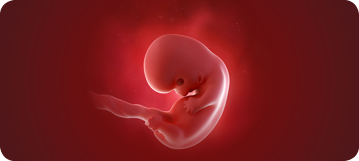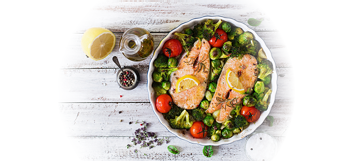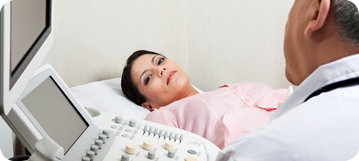-
Kuwait
- Iraq
- Jordan
- Oman
- Pakistan
- Qatar
- Saudi Arabia
- UAE
- Sign Up
- Contact Us

Resource Not Found!

Resource Not Found!

Toes and fingers develop, while the face gets more defined.

To eat it, or not to eat it. That is the question.

Considering the following? You may want to reconsider during baby development week 8 :

Bum-bum…Bum-bum…Bum-bum.
You are about to exit the Abbott family of websites for a 3rd party website.
Links which take you out of Abbott worldwide websites are not under the control of Abbott, and Abbott is not responsible for the contents of any such site or any further links from such site. Abbott is providing these links to you only as a convenience, and the inclusion of any link does not imply endorsement of the linked site by Abbott. Do you wish to continue to the requested website?
Breastfeeding is the best source of infant nutrition. Good maternal nutrition is important for the preparation and maintenance of breastfeeding. When thinking of using infant formula, a mother should be aware of
In addition, proper preparation of powder or concentrated liquid infant formula requires the use of boiled water for the purposes of mixing formula and cleaning implements and the manufacturer’s mixing instructions must always be followed. Improper mixing or preparation may make a baby sick. A healthcare professional should always be consulted before initiating formula feeding.
Continue
Notice
You are about to exit the Abbott family of websites for a 3rd party website.
Links which take you out of Abbott worldwide websites are not under the control of Abbott, and Abbott is not responsible for the contents of any such site or any further links from such site. Abbott is providing these links to you only as a convenience, and the inclusion of any link does not imply endorsement of the linked site by Abbott. Do you wish to continue to the requested website?

